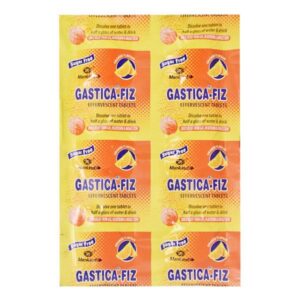ALPHA-GALACTOSIDASE
ALPHA-GALACTOSIDASE: Alpha-galactosidase, also known by the brand name Galactosidase Alpha, is a medication used to treat a rare inherited disorder called Fabry disease. This genetic condition results in the deficiency of an enzyme called alpha-galactosidase A, which leads to the accumulation of a certain type of fat called globotriaosylceramide (GL-3) in various organs.
The main goal of alpha-galactosidase treatment is to replace the missing or deficient enzyme in order to break down GL-3 and prevent its buildup in the body. By reducing the accumulation of GL-3, alpha-galactosidase can help alleviate the symptoms and slow down the progression of Fabry disease.
Alpha-galactosidase is usually administered intravenously as an infusion. The dose and frequency of treatment depend on the patient’s age, weight, and overall health. The infusion is typically given every 2 weeks, but some patients may require more frequent or higher doses.
Like any medication, alpha-galactosidase can cause side effects. The most common side effects reported include headache, fever, fatigue, nausea, vomiting, abdominal pain, skin rash, infusion-related reactions (such as flushing, itching, or difficulty breathing), and chills. These side effects are generally mild to moderate and transient.
It’s important to note that alpha-galactosidase does not cure Fabry disease, but it can help manage the symptoms and improve the quality of life for patients. Patients receiving this treatment should continue to be monitored by their healthcare provider to assess the response to therapy and manage any potential side effects.

